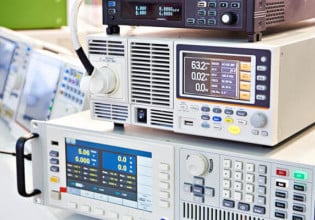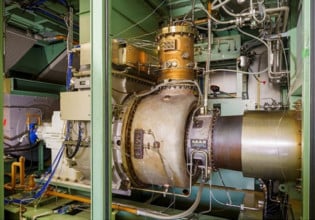Eltek Valere Introduces Smartpack Controller For Solar-Powered Telco Networks
Eltek Valere announced a new power system controller that is customized to bring extensive power system and back up power control to solar-powered wireless and wireline telecommunications networks.
The Smartpack Controller has new features to be used with the company’s Flatpack2 HE Solar charger in solar and hybrid diesel-solar power applications. It also can be used in standard telecommunications power applications based on Eltek Valere’s Minipack, Flatpack 2 and Flatpack 2 HE rectifiers.
The Smartpack features a controller-area network (CAN) bus interface that provides a single point of monitoring for the dc power system, solar and diesel generator (gen-set), allowing a remote administrator one common point of management for the entire power system. This latest generation controller features digital and analog inputs, ability to add extra input/output modules and individual battery monitoring.
The Smartpack Controller has specialized solar power monitoring features such as warnings for shaded/dirty solar panels and energy monitoring. An integrated energy logging feature can also monitor the power supplied from solar panels through the charger, as well as other sources like standard rectifiers supplied from a generator or from the utility.
"The keys to successful use of solar power in telecom networks are to maximize the power obtained from photovoltaic panels and to minimize the cost of managing the site," said Morten Schoyen, Eltek Valere Chief Marketing Officer. "The new Smartpack Controller module is a big step forward in both of these areas for carriers that are breaking ground with this new technology."
To minimize the diesel generator fuel consumption on a hybrid diesel/solar site the Smartpack Controller utilizes calculated backup capacity data and optional time delay to give start/stop signals to the generator. This both minimizes the operation time for the gen-set and at the same time maximizes its efficiency. This functionality can also be adapted for use with fuel cells as an alternative to diesel generators.
Forced charging can be triggered by daily time schedule, monthly periodical run time and emergency charge based on fast battery voltage drops. Charge mode during generator run is selectable between normal temperature compensated float charge and boost charge.






